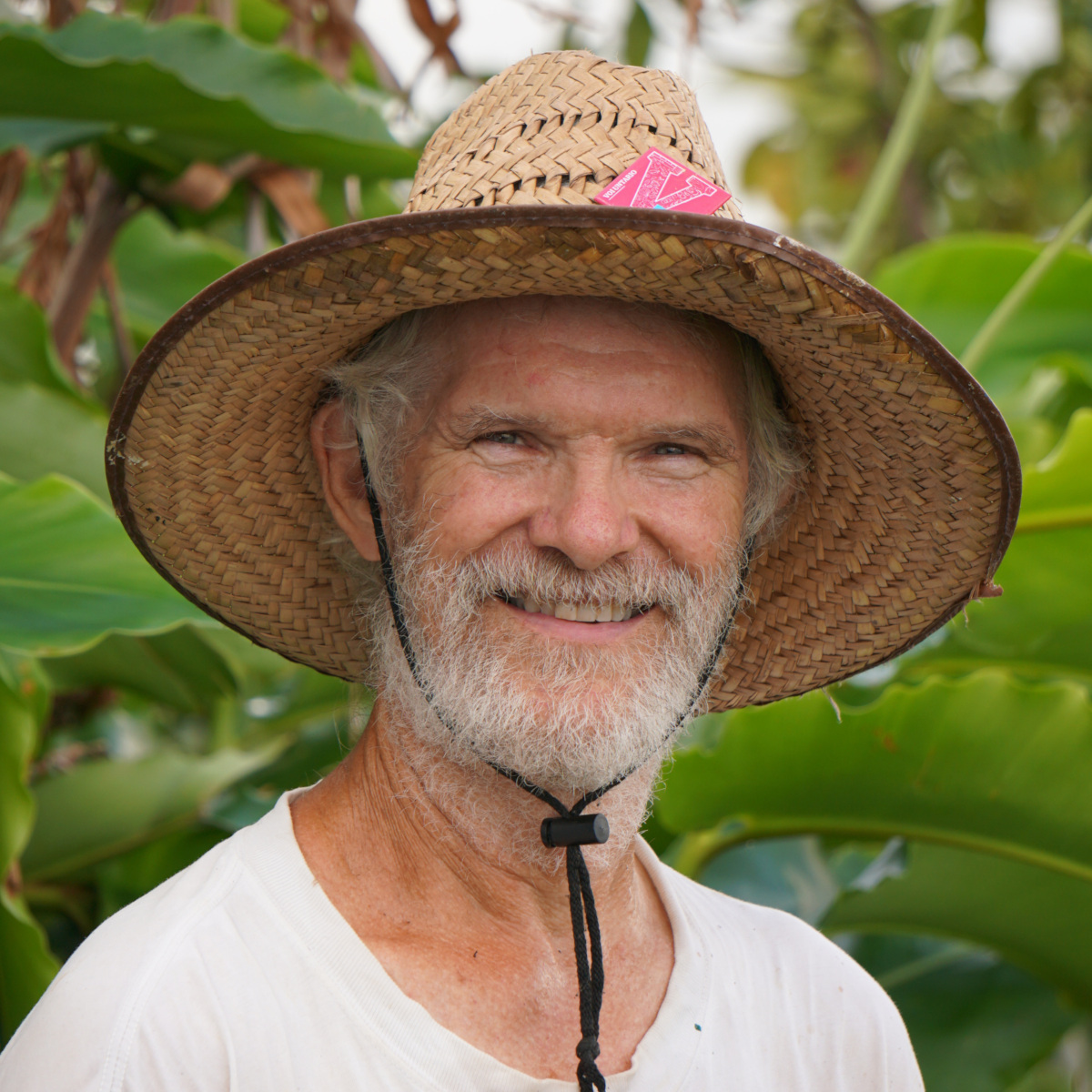TL;DR, they broke apart compounds produced by different processes and performed spectroscopy to determine the constituent molecules. They counted the constituent molecules to determine an “assembly index” and found that compounds produced by biological and technological processes had a characteristically larger number of constituents. The implication is that a certain level of molecular complexity is only produced by living systems.
Right… meaning?
I guess if we find a compound that is made of 15+ molecules, even if those are molecules we typically wouldn’t associate with life, it’s a clue that it may likely be produced by a living system. It’s the complexity that’s the deciding factor, not whether it’s “organic” or not.
Now, all they must do is explain “assembly index” instead of explaining “life”; I mean if life is only things that require more than 15 “steps” and I create some life with “have sex”, well . . .
Thought this was going to be wacky, but ended up reading it all and was pleased with the theory’s concept. Good find




